You are accessing a U.S. Federal Government computer system intended to be solely accessed by individual users expressly authorized to access the system by the U.S. Department of Education. Usage may be monitored, recorded, and/or subject to audit. For security purposes and in order to ensure that the system remains available to all expressly authorized users, the U.S. Department of Education monitors the system to identify unauthorized users. Anyone using this system expressly consents to such monitoring and recording. Unauthorized use of this information system is prohibited and subject to criminal and civil penalties. Except as expressly authorized by the U.S. Department of Education, unauthorized attempts to access, obtain, upload, modify, change, and/or delete information on this system are strictly prohibited and are subject to criminal prosecution under 18 U.S.C. § 1030, and other applicable statutes, which may result in fines and imprisonment. For purposes of this system, unauthorized access includes, but is not limited to:
- Any access by an employee or agent of a commercial entity, or other third party, who is not the individual user, for purposes of commercial advantage or private financial gain (regardless of whether the commercial entity or third party is providing a service to an authorized user of the system); and
- Any access in furtherance of any criminal or tortious act in violation of the Constitution or laws of the United States or any State.
- If system monitoring reveals information indicating possible criminal activity, such evidence may be provided to law enforcement personnel.

